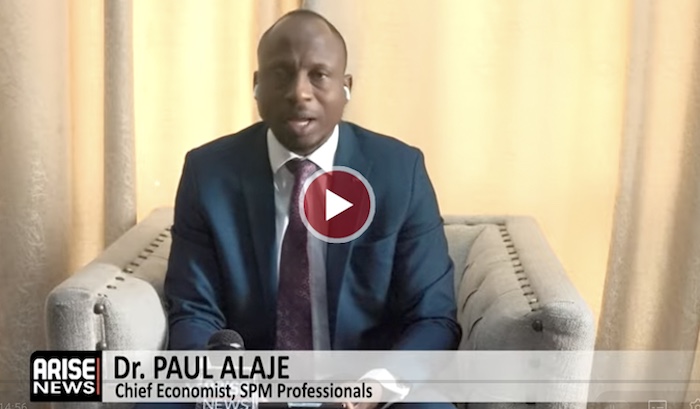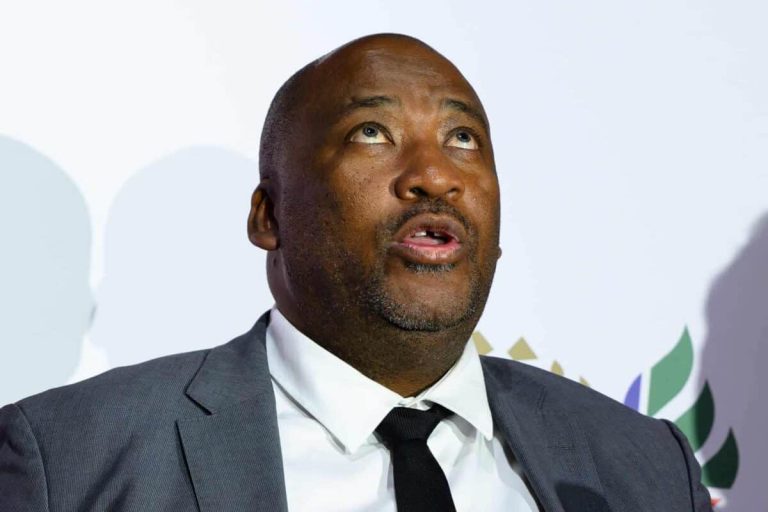

Chief Economist at SPM Professionals, Dr Paul Alaje, has cautioned the federal government against introducing the recently announced 15 per cent import duty on petrol and diesel, saying the policy should be delayed until Nigeria’s local refineries can fully meet domestic demand.
Speaking during an interview on ARISE News on Saturday, Dr Alaje said, “If we are importing and unable to meet demand, that policy should wait until we are able to meet a local output, verifiably.”
He explained that the import duty would have different implications for various stakeholders, including the government, importers, local producers, and consumers.
“The government tax introduced by the government has many sides. It means something different to government, to local producers, to importers, and to consumers of these products, talking about PMS and diesel,” he said.
Dr Alaje noted that while the government may view the policy as a way to increase revenue or protect local refineries, it could also have adverse effects on the economy and consumers.
“Government introduction of tax means more revenue to the Nigerian government because, according to reports from The Punch and many other media houses, even though Dangote Refinery has the capacity to meet all local demand, as of October 2025, that refinery has not met the entire demand of Nigeria,” he said.
He warned that introducing the tax when local supply remains insufficient would drive up prices. “It could be that government wants to protect local refineries or discourage importation. But if that happens and we are not able to meet local demand, it will lead to an increase in the cost of PMS and diesel. The projection here is that the price may increase by about 97 or 99 Naira to what importers are currently doing.”
Alaje stated that the cost burden would ultimately be transferred to consumers, further worsening inflation. “Yes, the cost is transferable to consumers. Prices may go up, and inflation is expected to rise higher than what we are having now. You might feel the impact directly on month-on-month inflation.”
He emphasised that small and medium businesses, which form the backbone of Nigeria’s economy, would be among those hardest hit. “To consumers and small business owners, over 90% of businesses in Nigeria fall within the mini, small, and micro category. They may need to pay more if they buy imported fuel.”
Citing a report from The Punch, Alaje said that contrary to public claims, Nigeria still imports petroleum products. “The report published by The Punch and a few other media houses shows that Nigeria is still importing. Ten days into October, Nigeria was still importing. So if the government agency is releasing such reports, two things are likely: either somebody is not telling the complete truth, or what Dangote produced is still not sufficient for Nigeria.”
He added that Nigeria’s inability to ascertain its actual fuel consumption figures reflects a deeper governance challenge. “As I speak, nobody can precisely say the total volume Nigeria is consuming. That is sad and an indictment on us as a nation.”
The economist argued that the focus should be on ensuring that local refineries operate optimally before imposing new taxes. “If government agencies can clearly state that we are no longer importing, then Mr President can introduce the policy. Until then, we must be sure that our local needs are truly met.”
Dr Alaje further explained that imposing an import duty at this time could give room for price hikes and increase the burden on Nigerians. “Fifteen percent is a lot, it will make the price of commodities increase,” he warned.
According to him, producers might take advantage of the policy to increase prices, knowing that consumers have few alternatives. “If I know there’s a 15% import duty, that tells me I can increase my price by 11 to 13% because people still have no option but to pay.”
He stressed that the fundamental issue lies not with Dangote Refinery or importers, but with the country’s weak supply base. “The real problem we have here is not an individual or a corporation, it is the supply side. We need to guarantee local supply because this has implications for our exchange rate and our effects.”
Dr Alaje advised that the government should focus on fixing Nigeria’s refineries and improving local production before introducing taxes that could further strain citizens and businesses.
“The refineries must work and be given to the private sector with government having minimal shares. When that happens, we can have fair competition. But for now, if import must happen, it will mean more cost for households,” he said.
Faridah Abdulkadiri



